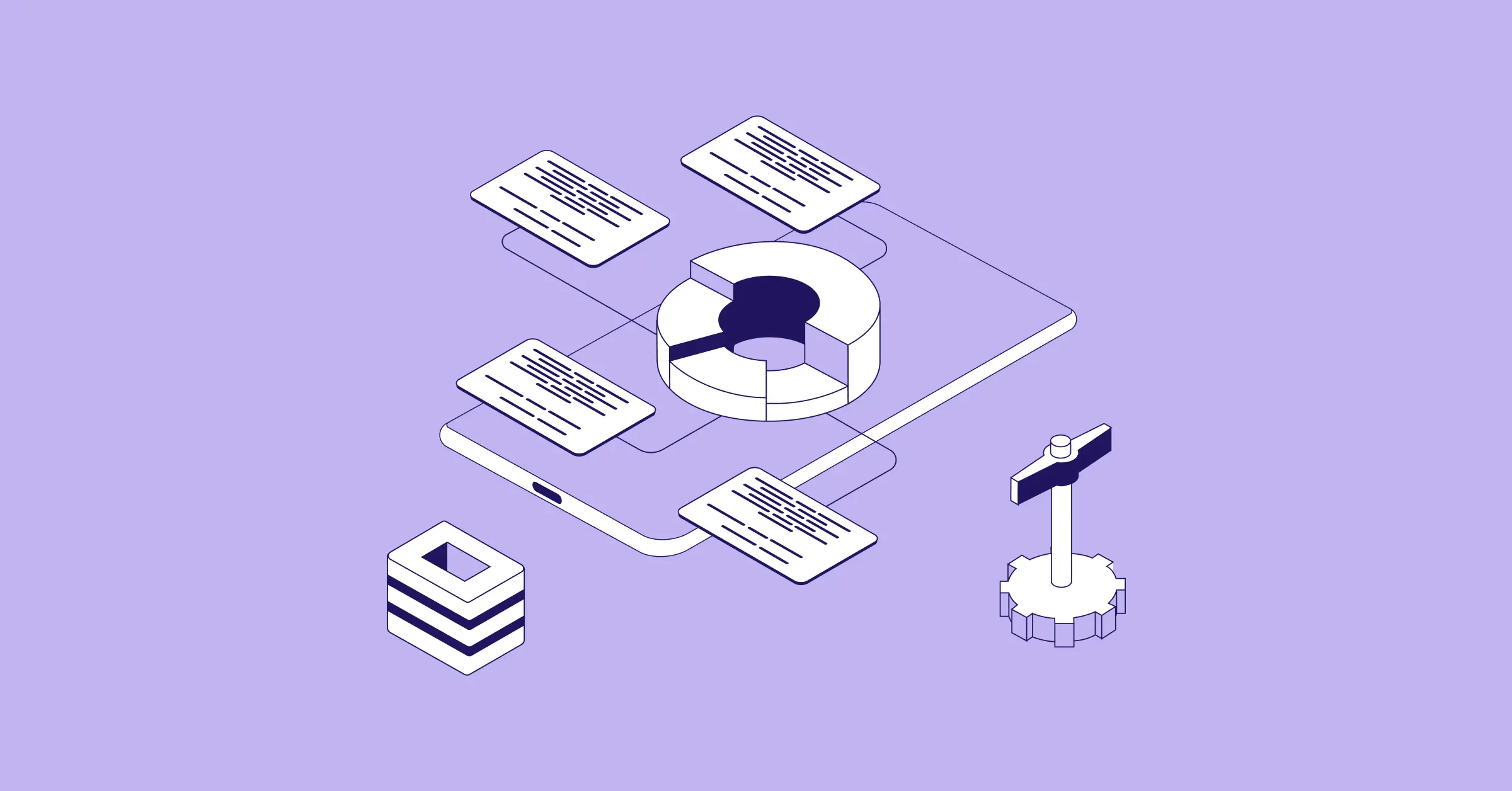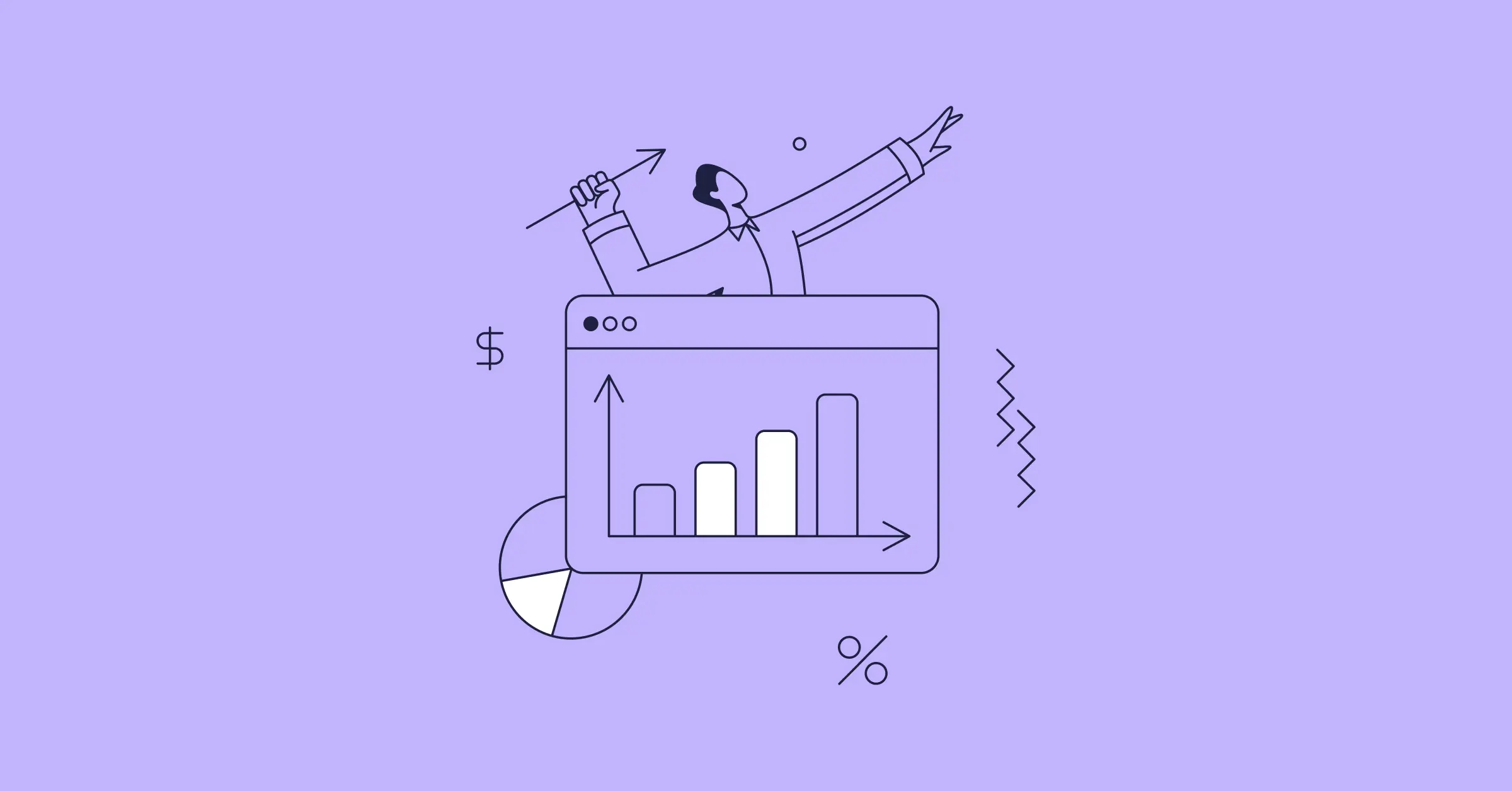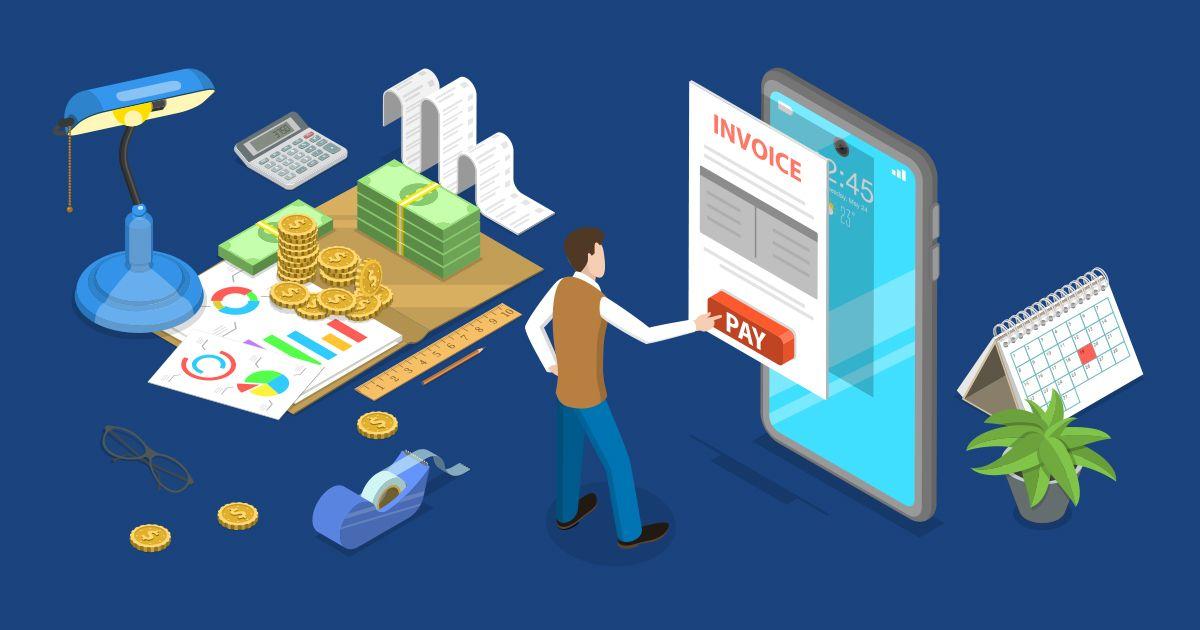November 03, 2022
What are ERPs & why are they important?

Sign up for our newsletter
Stay informed with the latest trends and best practices in finance and procurement.

Until just a few years ago, it was a standard business practice to enter data for almost every business process manually. In addition to data entry, it was common to perform most business functions by hand. However, today, ERP software (Enterprise Resource Planning) can perform many of these functions automatically. Not only does this improve time resources, but it also increases profitability as businesses can improve their output exponentially.
This article will cover the following topics:
- The size and versatility of the ERP market
- What is ERP software?
- Why is it important to use ERPs?
- Selecting an ERP software for your business
- How PayEm offers Netsuite integrations
The size and versatility of the ERP market
The ERP market is growing at a tremendous pace and is quickly becoming the standard way of doing business for companies of all sizes. According to a recent report, the global ERP software market is projected to reach $97.15 billion by 2024. As more businesses switch to ERP software, it helps to understand its impact and the versatility it can bring to integral business functions and systems.
ERP software can provide greater control, management, and data analysis for various business processes. Its versatility allows for efficiency in many other key business areas, including procurement, accounting, project management, human resources, marketing, sales, and more. With immediate access to each of these processes through one integrated dashboard, companies have more control than ever before. ERP software’s benefits are multifaceted and allow businesses to increase their output and operational efficiency far beyond what manual processes could.
What is ERP software?
Enterprise Resource Planning is a type of software businesses use to manage and connect integral business processes. These processes are vital to business functionality and typically involve redundant and repetitive manual entries. These manual entries result in disparate data files that are hard to synchronize and access cohesively.
ERP software takes all of these separate systems and their associated data and puts them into one centralized dashboard. Here, data can be easily accessed and shared across all departments for the maximum amount of convenience, collaboration, and efficiency. ERP software is frequently used for daily business processes such as human resource management, financial management, procurement, project management, accounting, sales, and more. Companies can select ERP software based on their existing system integration needs, as well as on the features offered within the ERP software options themselves.
Types of ERP Software
ERP software doesn’t come in a one-size-fits-all model. Instead, it is available in various types as well as with customizations available for businesses that need them.
Localized ERP solutions
One type of ERP software that businesses choose is the localized one, where the company’s servers store the programming. With this option, the system is managed by IT, and the investment in this ERP variant is usually higher. Additionally, when it’s time to upgrade the system, there are many moving parts to consider, as the IT department will need to re-customize, and prior customizations would be lost. However, hardware ERP systems provide enhanced data security and more control over implementing the system. Larger companies typically choose this option.
Cloud ERP solutions
The cloud ERP or SaaS ERP model is a trendy option as well. This option provides maximum versatility and convenience as the entire system can be managed from any location and device. The only requirement for accessing the cloud ERP software is a working internet connection. The ERP provider is responsible for maintaining the software via their own servers, so companies can focus on critical business functions while avoiding the cost of an in-house, IT-managed system.
Why is it important to use ERPs?
Implementing ERPs into your business processes can exponentially improve your company’s operational efficiency. Using ERPs can make the difference between staying current with or ahead of the competition or running in place and trying to keep up. The significant advantages of using ERPs are simply unmatched by any manual process available. This is because ERPs allow businesses to enhance their database management and data sharing capabilities, increase security, access more accurate data analytics, enhance collaboration, and more.
Below are some of the main reasons to use ERPs:
Increased efficiency and productivity
With easy access to data for better financial decision-making and enhanced data analysis, ERPs increase efficiency for businesses of all sizes. With ERPs, productivity is automatically enhanced as businesses can reduce manual processes and focus on more productive activities.
Increased workplace flexibility
With many companies turning to remote working models, it’s essential to implement systems and tools that support this new work style. One of the best options is an ERP system that provides cloud-based collaboration. With your entire team from every department having access to one centralized dashboard from any device and location, working remotely has never been easier.
Enhanced Time Resource Management
Hours can be wasted on repetitive and redundant tasks when this time could have been put to more mission-critical job functions. One of the main benefits of using an ERP system is reducing manual processes and avoiding costly, time-consuming, and unnecessary errors.
Better security
When sensitive data is stored locally in file cabinets and manually entered, private corporate data can be at risk. ERPs provide enhanced security and reduce the risk of security breaches and fraud as all data is securely stored in the cloud.
Scalability
It isn’t easy to scale a business when the core business functions are hinged on outdated manual processes. However, by using an ERP system, scalability is multiplied, and companies can experience faster and more efficient growth while scaling the business.
Better collaboration
When the finance department needs to access sales reports, instead of emailing several different sales team members, they can log in to one centralized dashboard and easily access the data they need. This is the level of control and accessibility, as well as seamless collaboration, that an ERP system can provide.
Selecting an ERP software for your business
When selecting an ERP software for your business, there are some important considerations to keep in mind. These include matching the size of your business with the type of ERP software you are considering. Each company will have unique needs and challenges that they are looking for the ERP software to address. Taking the time to explain your specific needs to the ERP provider will ensure that you get a specific match to your business requirements.
In addition to considering the business size and needs, it also helps to ensure that the ERP system you choose can integrate with your existing systems. Many ERPs can integrate with existing systems to provide the company with a more seamless experience. Another consideration is the level of support offered by the ERP software company, as it is critical to making a successful transition. This includes considering project planning, configuration, training, implementation, and more.
PayEm offers a host of different connected finance options. As one of the most robust and fully featured solutions available on the market, it’s a smart choice for businesses of all sizes. In addition to its wide variety of features, along with its ERP integrations, the PayEm platform offers the following advantages:
- One central dashboard for managing business processes
- Promotes effective collaboration with easy access to shared data
- Syncs with your ERP for a seamless integration
- Auto categorizes and syncs with existing ERP systems
- Comprehensive multi-territory management
With an ERP, businesses of all sizes can easily manage daily tasks by automating their processes. PayEm can easily sync with your ERP system for complete control and flexibility. Ready to upgrade your business systems with PayEm? Contact PayEm’s experts for a commitment-free, no-cost demo of the platform.


